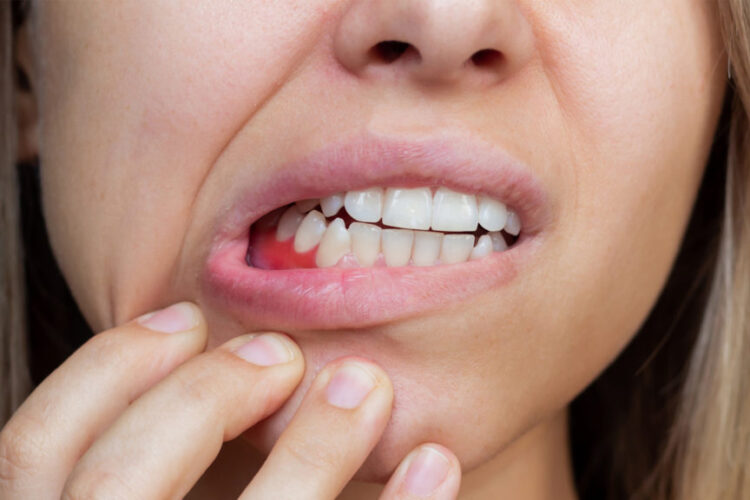While most people might brush their teeth regularly, how many of you take care of them and ensure they are away from dental issues like gingivitis? Gingivitis or gum disease occurs when the harmful bacteria in your mouth stay there for a prolonged period. Any bacteria needs time to destroy your tooth enamel or weaken your gums. Symptoms like bleeding gums, red or swollen gums, or white patches can mean you might struggle with gingivitis. Fortunately, this painful and discomfiting illness can heal and go away with the proper treatment.
You are struggling with gingivitis if you see blood every time you brush your teeth or your gums feel itchy or painful. Some people think that gum ideas go away with time. However, not treating them only makes the situation worse. Hence make sure you contact a dentist in Bethesda, MD, as soon as possible.
Significant reasons why gingivitis occurs
- Plaque
One of the most common and significant reasons for gingivitis is plaques on the surface of your teeth. Plaque is a thick film of bacteria sitting on your teeth, harming your tooth enamel and gums. When you brush, you remove the plaque sitting on your teeth, removing the harmful bacteria and the damage caused. However, your brushing sessions must be followed by flossing as it plays a significant role in the removal of plaque thoroughly.
The gaps between your teeth also contain plaque, but because your brush can’t reach such tiny areas, it sits there for longer. Flossing will ensure you remove all the plaque that hides between those gaps, and finally, rinse your mouth with an antibacterial mouthwash.
- Smoking
Believe it or not, if you have a terrible habit of smoking, it harms your oral health. Gums are one of the most sensitive parts of your body, so when you smoke or chew tobacco, the chemicals it releases trigger the vulnerable class of your gums. This can result in gingivitis; in other cases, people also develop oral cancer.
The symptoms of gingivitis or periodontitis are similar to oral cancer. Hence people often confuse the two and take the pain, suffering, and infection lightly. However, it can negatively affect their oral health; therefore, if your irritation or pain does not go away in a couple of days, seek a dentist’s help immediately.
- Hormonal shifts
Women often experience hormonal imbalances in their bodies during pregnancy or menstrual cycles. While these times have several impacts on the body, they can also be sensitive for your gums and teeth.
The hormonal shifts make your gums sensitive and prone to infections and gum disease. As a result, many women experience gingivitis during their maternal period or even premenstrual symptoms.

